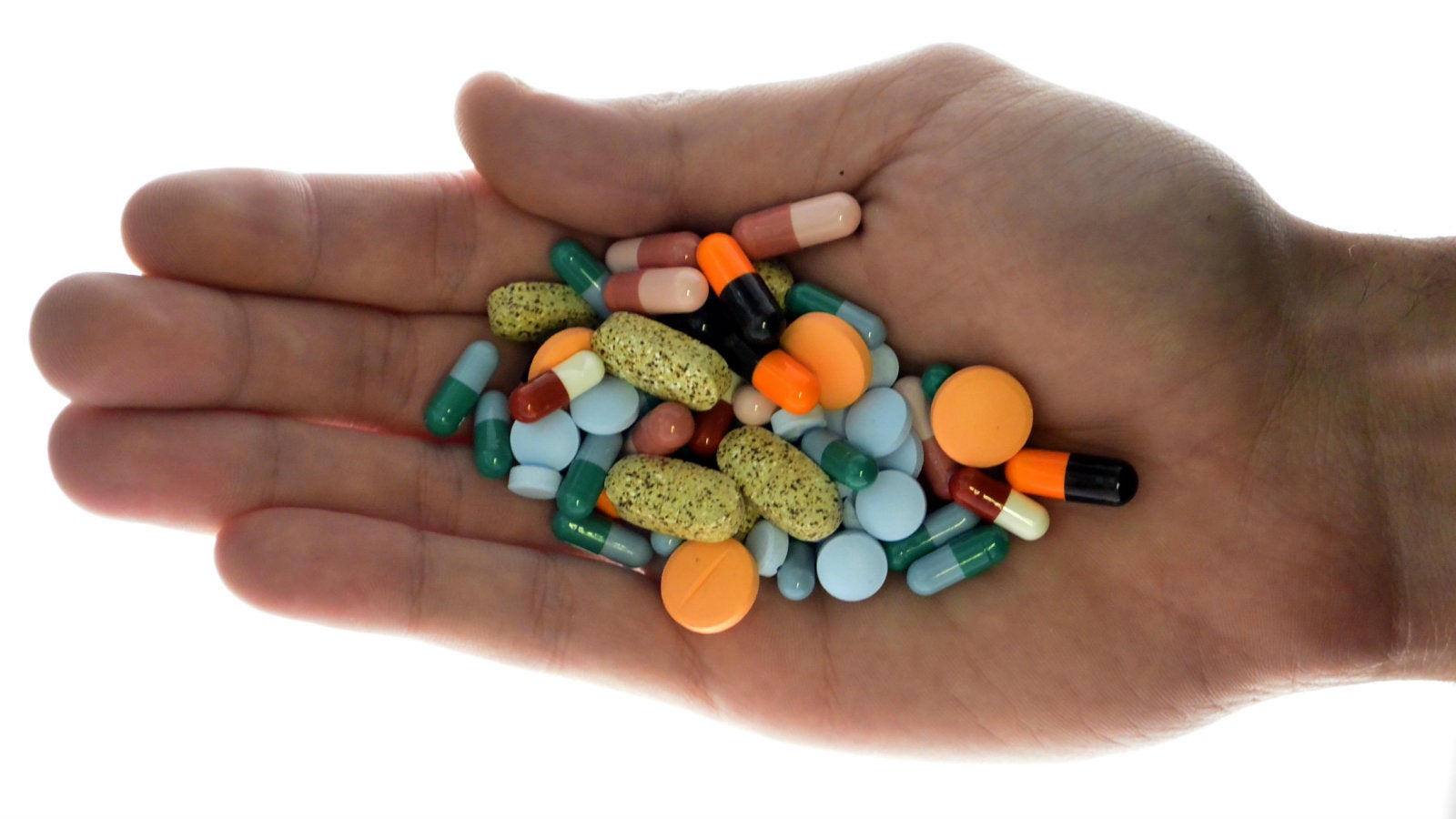Indian pharma majors will make one of the most popular cholesterol drugs in the US
A generic version of a popular blockbuster cholesterol drug in the US will be soon made by Indian companies.


A generic version of a popular blockbuster cholesterol drug in the US will be soon made by Indian companies.
On July 21, the US Food and Drug Administration (FDA) approved the generic form of Crestor. The current patent owned by UK firm AstraZeneca has expired.
The American regulator gave approvals to eight companies, three of which were Indian, to make and manufacture the generic form in the US. This is good news for these firms—Aurobindo Pharma, Sun Pharma, and Glenmark—as the estimated revenue of Crestor in the US is around $6 billion every year.
Indian firms already have a strong presence in the US generic drug market. Some 30% of the market share of generic drugs in the US is held by Indian companies. The US is also a top source of revenue for these drug makers. Some firms like Dr Reddy’s Laboratories and Sun Pharma, for instance, earn about 60% of their revenue from US exports.
And despite a love-hate relationship between the US regulator and Indian firms, the last six months of 2015 were pretty good for Indian pharma companies: the FDA approved 83 new generic drug applications, Bloomberg reported. Additionally in the first six months of this year, 72 such approvals were made. Drugs from Indian companies are often sold at lower prices as labor and raw-material costs in India are much cheaper than in the West.
Even as the recent run has been good, Indian pharma companies have repeatedly come under the radar of the US regulator for compliance issues. For instance, the FDA has sent 50 warning letters to Indian firms during 2008-2015. Some of the problems that the FDA had with these firms include incorrect or insufficient documentation, intellectual property disputes and quality issues during manufacturing.
“The Indian generics need to meet FDA standards. The US works as a lobby, as an interest group. I don’t see Indian generics having a strong lobby group, telling their story. In some cases, there are IP issues. The generics have to step up from a lobby perspective,” Mukesh Aghi, president of US-India Business Council, a business advocacy group, told Quartz in February.